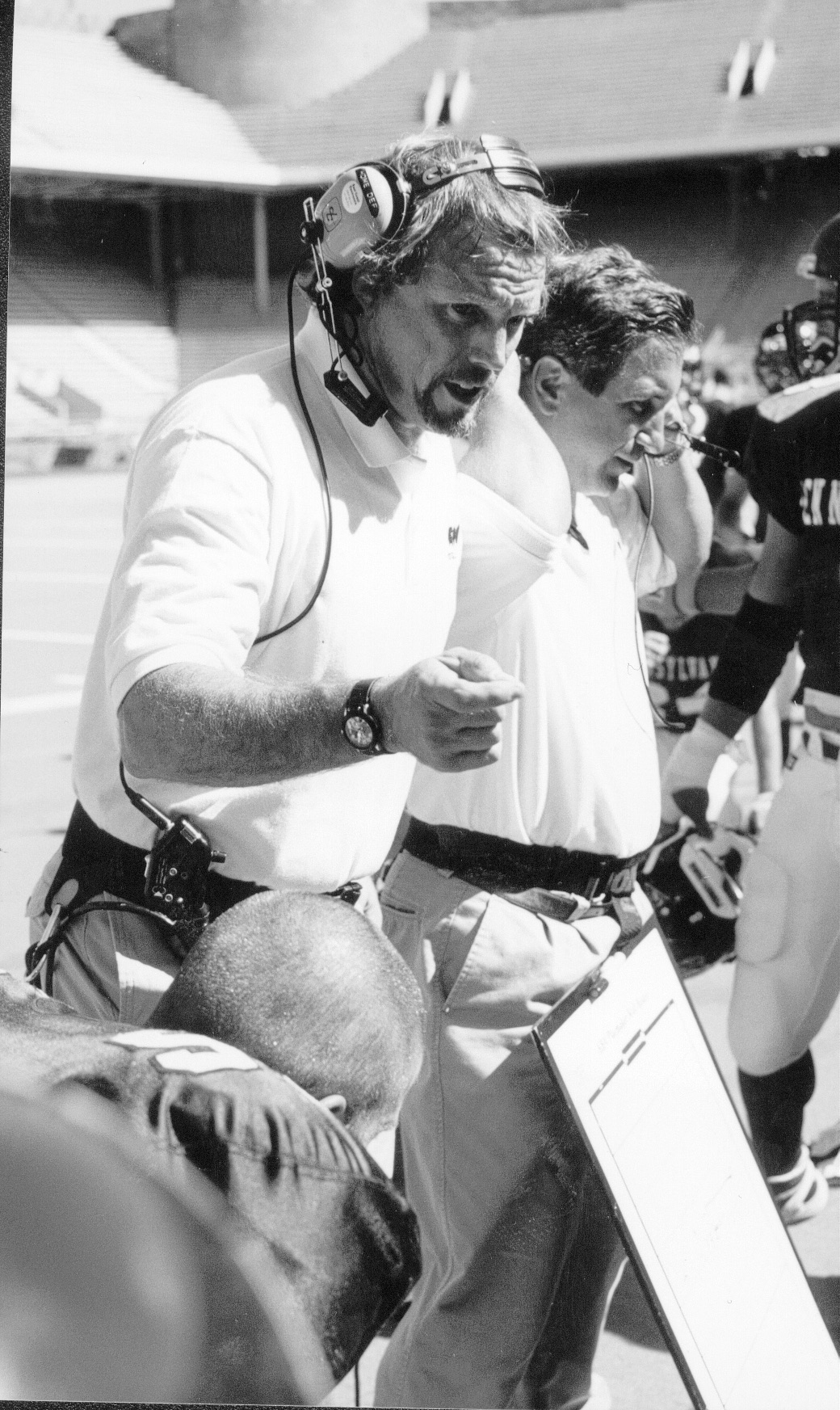Initial Consultation
The counseling process begins with a consultation. This meeting occurs in person, lasting approximately one and a half hours. If distance precludes us from meeting in person, we can make other arrangements. I will meet with students and their families at their convenience and I will come to them. Face to face contact ensures that each meeting is personal and individualized.
First, I willl need to create an educational and personal profile on the student. This will be accomplished by the compilation of the following in advance of our scheduled meeting:
-
Student Information Form: Filled out by the student to highlight interests, goals and achievements. Find forms here.
-
Parent Information Form: Filled out by parents to highlight their interests and objectives for their childs education. Find forms here.
-
Academic Transcripts
-
Record of Standardized Testing
This information will allow us to make the most out of our consultation meeting, which will include:
-
Reviewing the student’s current and future academic curriculum.
-
Developing a schedule for future standardized testing.
-
Discussing interests outside of academics and the role they will take on in the student’s future.
-
Discussing the different types of colleges and university programs including liberal arts and engineering as well as more specialized fields.
-
Discussing the college admissions process. The mechanics of the process as well as the personal side.
-
Discussing ways to develop a student personal profile, or expanding or focusing the profile if already begun.
-
For the prospective college athlete, developing a schedule and plan to handle the recruiting process.
-
Developing a list of colleges or universities that fit the student’s academic and personal profile, goals and preferences.
After the individual consultation meeting, clients may choose to seek full-time counseling. The individual consultation meeting will be credited toward the full-time counseling fee.


